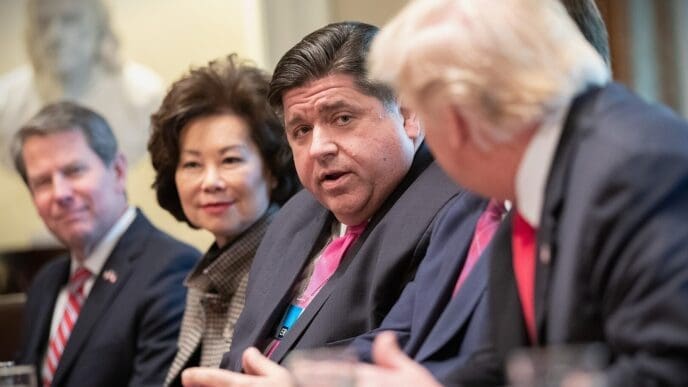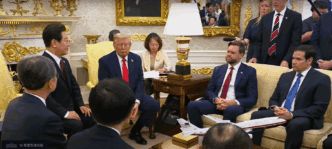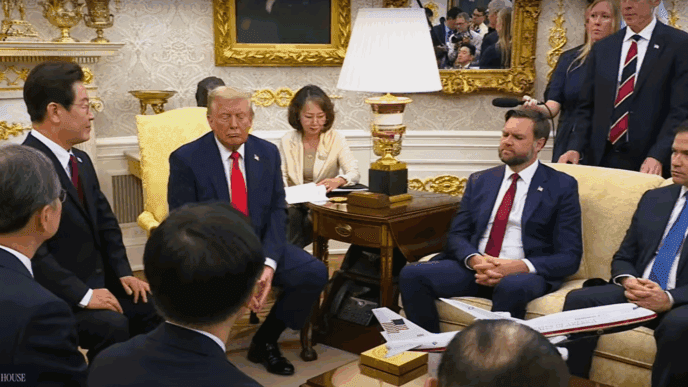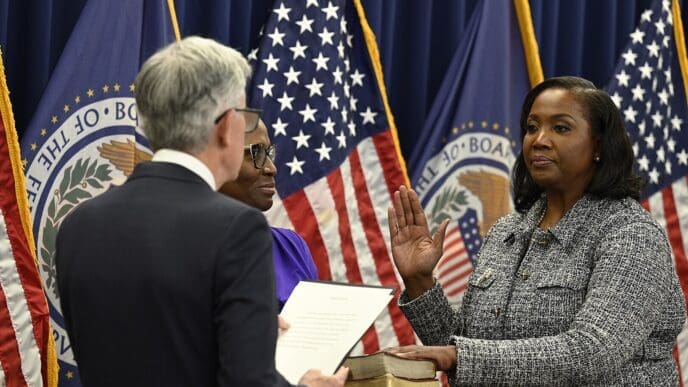Kansas City, KS – Kansas cancer research advocates are raising concerns over President Donald Trump’s proposed budget for the fiscal year 2026, which suggests a significant reduction of nearly 40% in funding for the National Institutes of Health (NIH). This potential cut poses a serious threat to cancer research nationwide.
Historically, Congress has shown bipartisan support for the NIH and the National Cancer Institute (NCI), recognizing their crucial role in reducing cancer mortality by 34% since 1991. The new budget proposal, however, risks reversing such progress by potentially halting clinical trials, terminating research programs, and eliminating training for upcoming cancer researchers.
The proposed funding cuts would specifically impact cancer centers across the United States, including the University of Kansas Cancer Center, which was designated as a Comprehensive Cancer Center by the NCI in 2022. The impact is already being felt, with the cancellation of over 770 NIH grants worth $1.9 billion and mandated budget cuts for NCI contracts affecting trials and scientific collaborations. Furthermore, the NCI Board of Scientific Advisors has been disbanded, and important site visits that promote research collaboration have been discontinued.
In response, the American Association for Cancer Research (AACR) and the Association of American Cancer Institutes (AACI) have intensified their efforts to inform the public and legislators about the potential ramifications of these budget cuts. Recently, they organized a “Hill Day” in Washington, D.C., where cancer center representatives, including those from the University of Kansas Cancer Center, met with Congressional members to advocate for sustained funding. They highlighted the NIH’s support for over 64,000 active research projects at more than 2,500 institutions, which have contributed to the development of 354 new FDA-approved drugs over the last decade.
Support in Congress appears to be building, with some Senate Republicans and Democrats expressing their unwillingness to back the budget passed by a narrow margin in the House. Key figures like Sen. Jerry Moran and Rep. Sharice Davids have voiced their support for maintaining cancer research funding, emphasizing the Senate’s history of bipartisan backing.
The fate of cancer research funding now lies with Congress, which will ultimately decide on the fiscal year 2026 budget presented to President Trump for approval. Advocates argue that the NIH’s cost of approximately $138 per American per year yields significant returns in terms of health, community strength, and competitiveness on a global scale. This argument underscores the urgency of preserving funding for cancer research to prevent setbacks in this critical field.














